The answer was shared in the online TV consulting program "Choosing a future major: economics - banking - law" on January 14. The program is online at: thanhnien.vn , Facebook fanpage, YouTube channel, TikTok Thanh Nien Newspaper.
MORE WORKERS ARE NEEDED TO MEET THE DEVELOPING ECONOMY
Sharing in the program, Dr. Le Van Ha, lecturer and coordinator of the Master of Finance and Economics program at Vietnam-Germany University, said that by 2045, Vietnam aims to become a high-income country. Referring to the occupational structure of a developed country in the world, the business management sector requires a proportion of people with a university degree to account for 22-25% of the total human resource structure; the law sector accounts for 0.43% of the total social workforce with a bachelor's degree.

Experts discussed and provided information for candidates to learn about the economics - banking - law sector in the consultation program on January 14.
PHOTO: DAO NGOC THACH
From this data, Dr. Le Van Ha commented: "In recent years, the university admission rate for business and management majors in Vietnam has accounted for about 24% of the total number of successful candidates, which is a guaranteed rate for a developed economy. In the coming time, this rate needs to be maintained and increased to meet the needs of the economy." Meanwhile, regarding the legal field, Dr. Le Van Ha said that Vietnam currently has over 17,700 lawyers. Referring to this number with developed countries, it can be seen that the legal field is still very lacking.
Associate Professor, Dr. Pham Ha, Head of the Finance and Banking Department of Ho Chi Minh City Open University, said that in recent years, the Vietnamese economy has undergone many major changes, attracting many foreign investors to Vietnam. Enterprises and organizations have a great demand for human resources. Through that, universities also build training programs to meet this demand. Ho Chi Minh City Open University has the number of candidates applying for these majors accounting for 1/3 of the total number of candidates applying to the school.
Master Vo Ngoc Nhon, Deputy Director of the Admissions Consulting Center of Ho Chi Minh City University of Technology, pointed out the demand for human resources in the economic sector through data. Master Nhon informed that in 2004, the whole country had 90,000 operating enterprises, but in 2024 there will be more than 930,000 enterprises. This development has led to many changes in training, especially the emergence of many new university majors such as financial technology, digital economy, etc.
NOTES WHEN CHOOSING TO STUDY ECONOMICS
Regarding the qualities to study these majors, Dr. Vo Thanh Hai, Permanent Deputy Director of Duy Tan University, said: "Mathematical knowledge is necessary to study economics but does not require excellence because most of it is in the form of applied mathematics. Economics students need communication skills. In addition, there are 2 types of knowledge required for students of these majors: foreign languages and information technology."
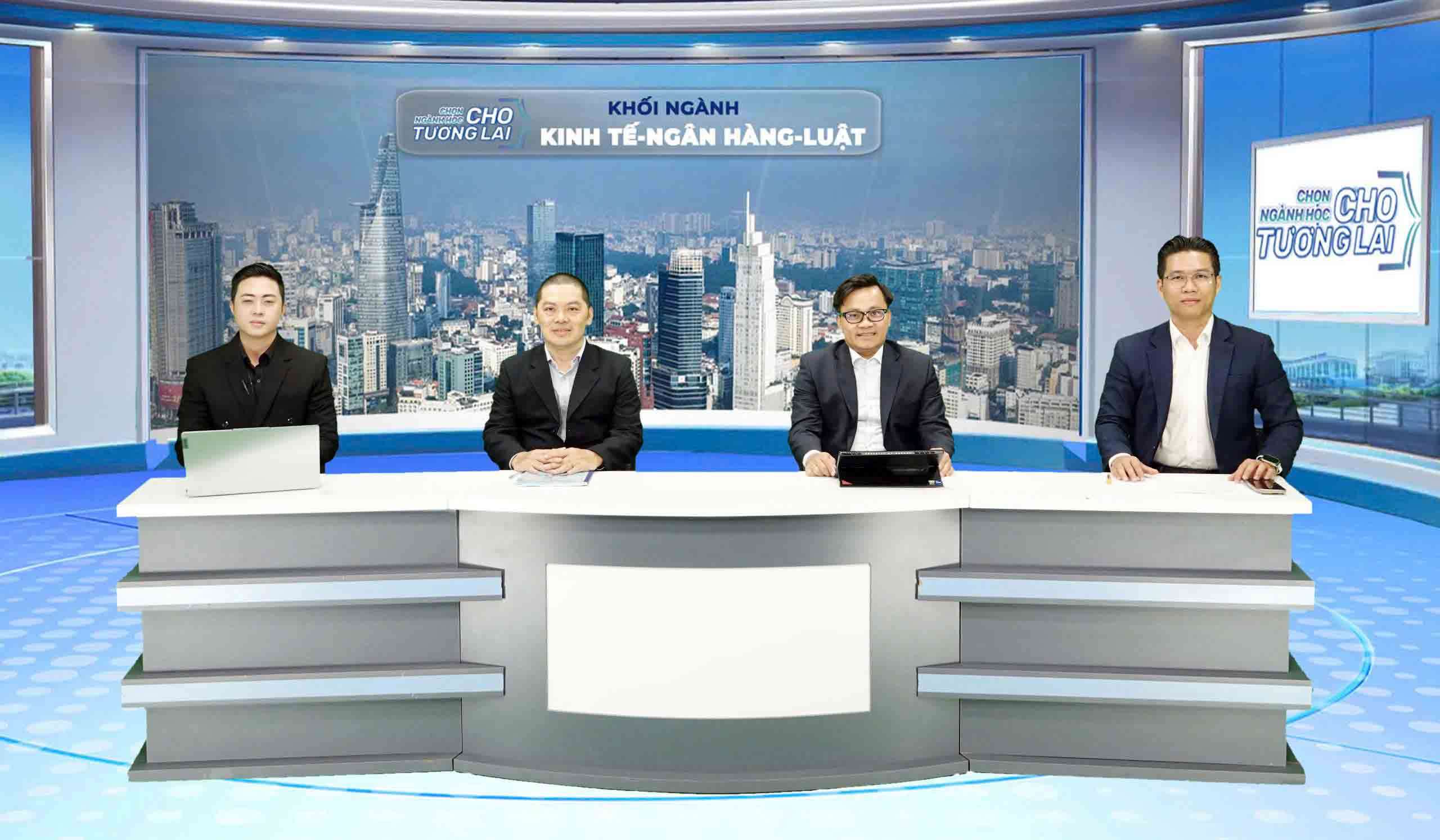
Many useful information were sent by experts to candidates in the consulting program at Thanh Nien Newspaper.
Master Pham Quang Truong, Deputy Head of the Faculty of Business and Law at Saigon International University, also believes that students do not necessarily need to be very good at math when studying economics-related majors because this is only a part of thinking. There are other necessary subjects such as foreign languages, information technology... In addition, students studying law need to equip themselves with knowledge of history, literature, and sociology.
Dr. Bui Van Thoi, Deputy Head of the Faculty of Business Administration at Nguyen Tat Thanh University, believes that students need two other qualities to be successful in studying and working in this field: the ability to apply technology and analytical thinking, and to quickly collect and process information.
Providing further guidance to candidates in choosing this major, Master Vo Ngoc Nhon said that this group of majors has a lot of potential and trends, but students need to consider their own interests and abilities. Regarding this issue, Dr. Le Van Ha said: "To study well, two conditions are needed: choose a major you love, and have a serious study plan."
MANY SCHOOLS CONSIDER THE SUBJECT OF ECONOMIC AND LEGAL EDUCATION
In 2025, the school admission method will not change much compared to before. One of the notable new points is the new admission combinations.
Dr. Vo Thanh Hai noted: "This year, universities will have many new subject combinations in university admissions. Many schools will add economic education and law to the combination of economic majors." For example, at Duy Tan University, Dr. Thanh Hai said that the school will consider admissions based on high school graduation exam scores, competency assessment exams, V-SAT exams, and academic records. However, the school plans to adjust the subject combinations for admissions, for example, instead of considering the combination of math-physics-chemistry as in previous years, economics majors may now consider math-physics-economic education and law.
Similarly, Master Vo Ngoc Nhon also informed that in 2025, Ho Chi Minh City University of Technology plans to train 61 majors, of which 23 majors are in economics - law - management. The school plans to consider admission based on high school graduation exam scores, academic transcript scores and competency assessment exam scores. For economics, management and law, the school uses 6 subject combinations for admission. Of which, math and literature are 2 foundation subjects. In addition, candidates can choose one of the following subjects: English, physics, history, geography, economic education and law...
According to Dr. Le Van Ha, in 2025, Ho Chi Minh City Open University will have 3 admission methods: direct admission and priority admission; considering the scores of the Ho Chi Minh City National University's competency assessment exam and the V-SAT exam; high school graduation exam scores... Viet Duc University will consider admission based on the results of the TestAs exam, consider the transcript, high school graduation exam scores, and direct admission. In the field of economics, in addition to the two majors of business administration and finance and accounting, the school plans to enroll students in economics.
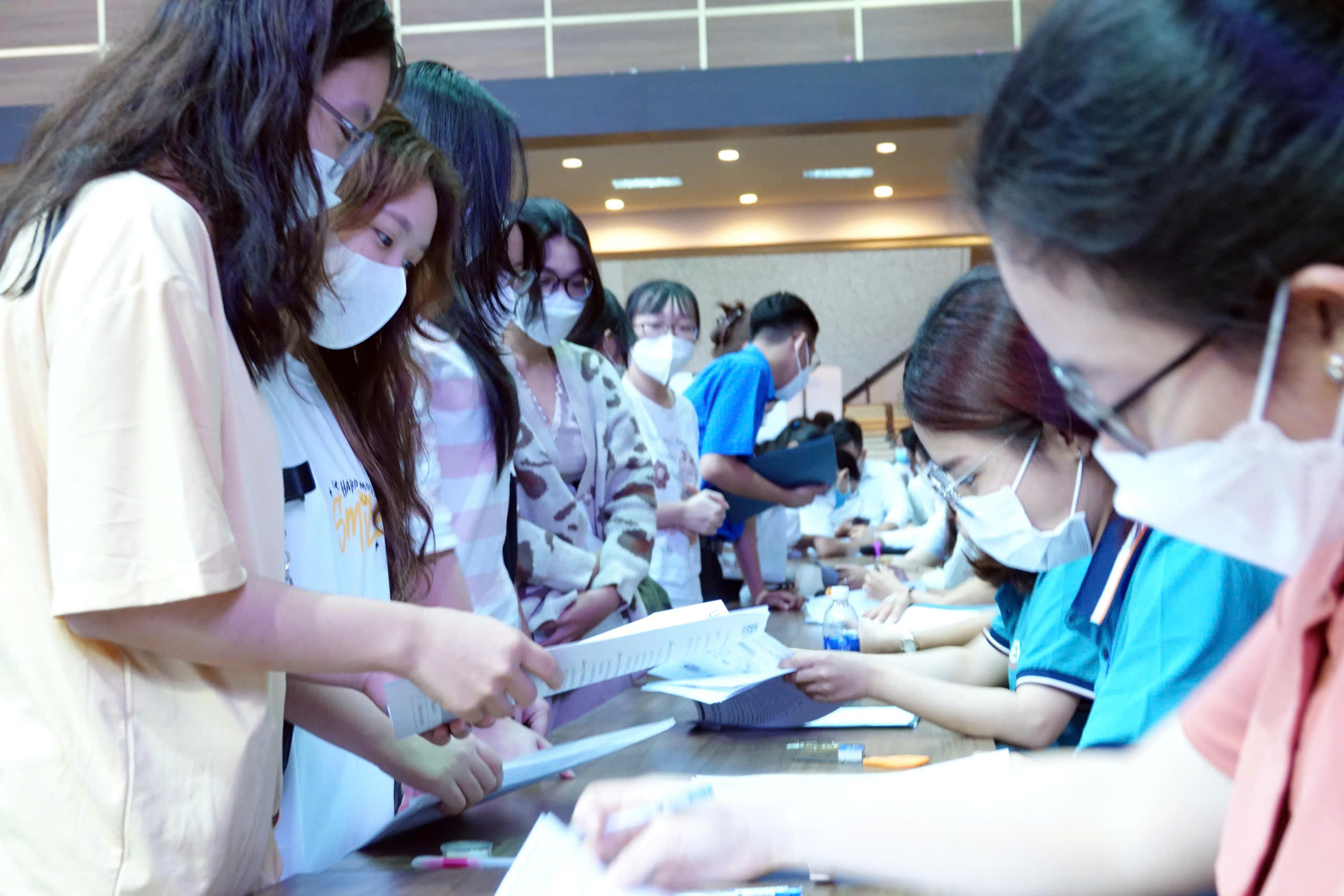
Candidates admitted to the economic sector complete admission procedures
photo: peach jade
Dr. Ngo Minh Hai, Vice Principal of the University of Economics and Finance, Ho Chi Minh City, also said that among the 37 training majors of the University of Economics and Finance, Ho Chi Minh City this year, a new major is international trade law. In addition, the school also tends to open new majors in AI.
Nguyen Tat Thanh University currently has 10 training majors related to the economic sector, of which the new major is digital economics. According to Dr. Bui Van Thoi, this year the school added new admission combinations including: math-literature-history, math-literature-geography, math-literature-economic education and law.
Associate Professor, Dr. Nguyen Van Thuy, Head of Admissions and Communications Department of Banking University of Ho Chi Minh City, said that this year the school will continue to use the comprehensive admission method based on academic scores, foreign language certificates and other achievements; considering the scores of the V-SAT exam and the high school graduation exam. For the V-SAT exam, the school plans to organize 5 exam sessions, from March to June.
Ms. Nguyen Thi Kim Phung, Deputy Head of Admissions, Communications and Corporate Relations Department of the University of Finance and Marketing, said that the school uses 6 admission methods including: direct admission and priority admission, considering academic records, considering V-SAT exam scores, Ho Chi Minh City National University's competency assessment exam scores, and considering high school graduation exam scores. Each method has adjustments to better suit the reality. Regarding the admission combination, the school uses the scores of 3 subjects, of which math is a compulsory subject. In addition, candidates can use the remaining 2 subjects from the high school graduation exam subjects. Candidates can choose 2 subjects with high scores to have a high chance of being admitted.
Master Pham Quang Truong, Deputy Head of the Faculty of Business and Law at Saigon International University, said that the school recruits students based on three methods: considering academic records, considering scores from the Ho Chi Minh City National University's competency assessment exam, and the high school graduation exam.
Master Nguyen Ba Anh, Deputy Director of Gloucestershire Vietnam, said that the joint training program between the University of Gloucestershire (UK) and the University of Economics and Finance, Ho Chi Minh City is currently training 7 majors, including many economic fields such as: business administration and marketing, international business, financial accounting, etc.
In 2025, this program will enroll students in 3 ways: considering high school transcripts, 2025 high school graduation exam scores, and Ho Chi Minh City National University's competency assessment exam scores.
Readers can watch the entire consultation program here: PART 1, PART 2, PART 3.
Source: https://thanhnien.vn/co-nen-chon-khoi-nganh-nhieu-nguoi-hoc-nhat-185250114214401745.htm


![[Photo] Prime Minister Pham Minh Chinh receives Deputy Prime Minister of the Republic of Belarus Anatoly Sivak](https://vstatic.vietnam.vn/vietnam/resource/IMAGE/2025/4/2/79cdb685820a45868602e2fa576977a0)


![[Photo] Prime Minister Pham Minh Chinh receives CEO of Standard Chartered Group](https://vstatic.vietnam.vn/vietnam/resource/IMAGE/2025/4/2/125507ba412d4ebfb091fa7ddb936b3b)
![[Photo] Special relics at the Vietnam Military History Museum associated with the heroic April 30th](https://vstatic.vietnam.vn/vietnam/resource/IMAGE/2025/4/3/a49d65b17b804e398de42bc2caba8368)
![[Photo] Comrade Khamtay Siphandone - a leader who contributed to fostering Vietnam-Laos relations](https://vstatic.vietnam.vn/vietnam/resource/IMAGE/2025/4/3/3d83ed2d26e2426fabd41862661dfff2)
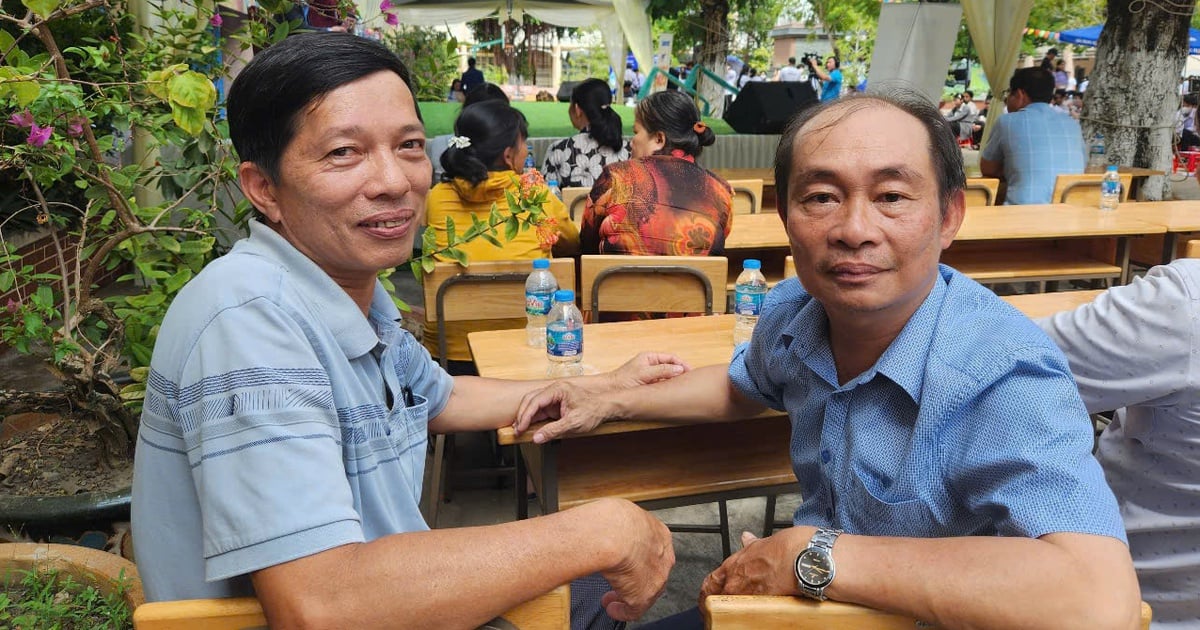




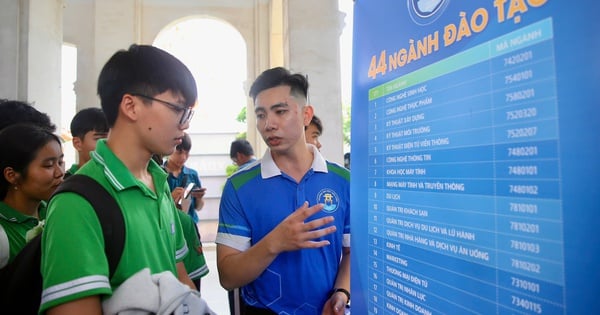

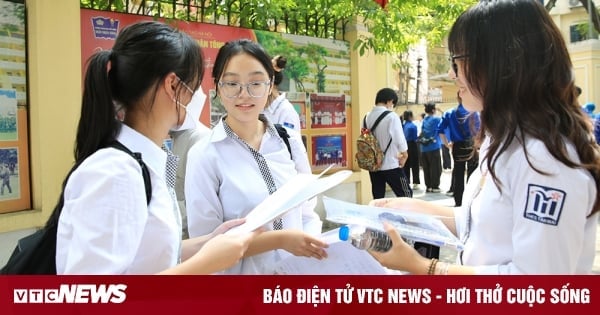





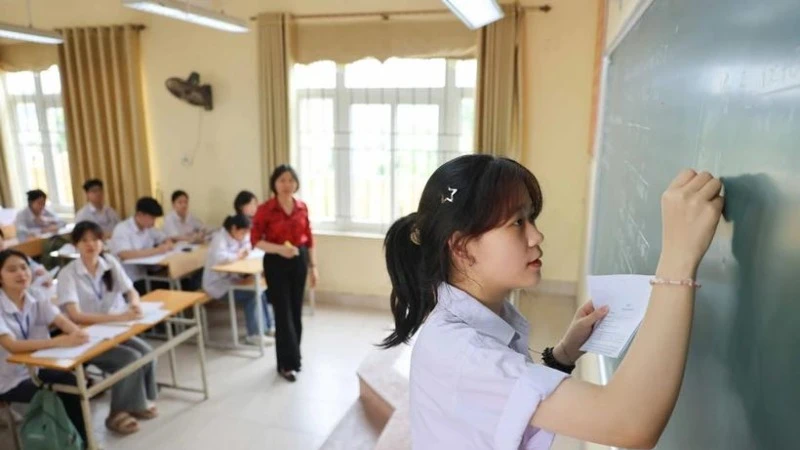







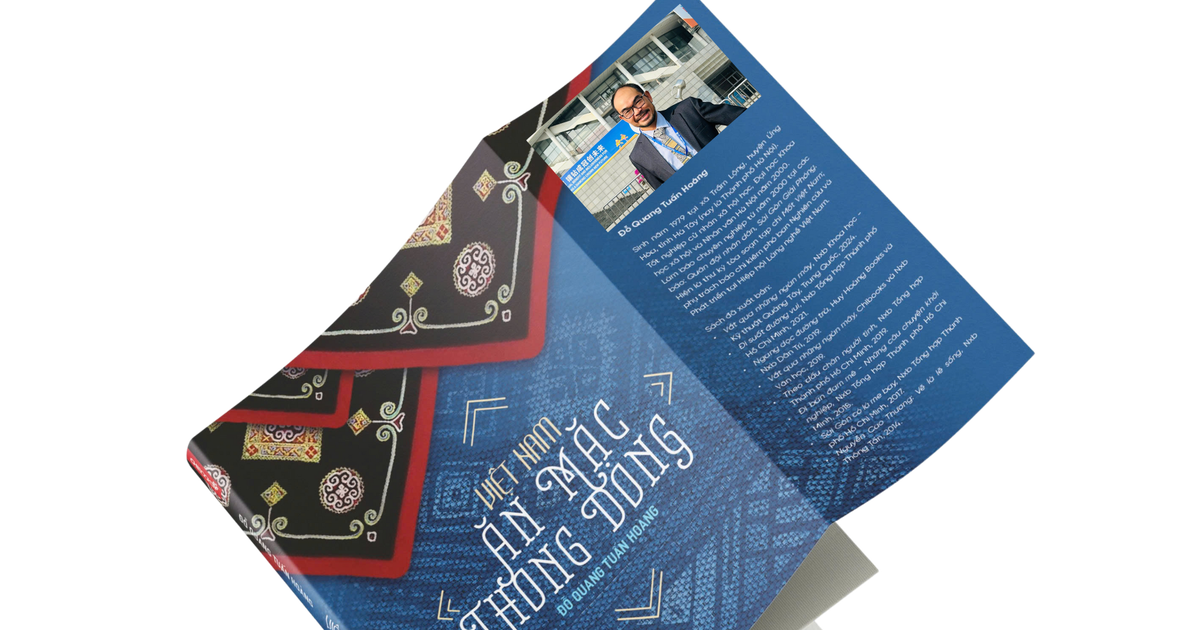






























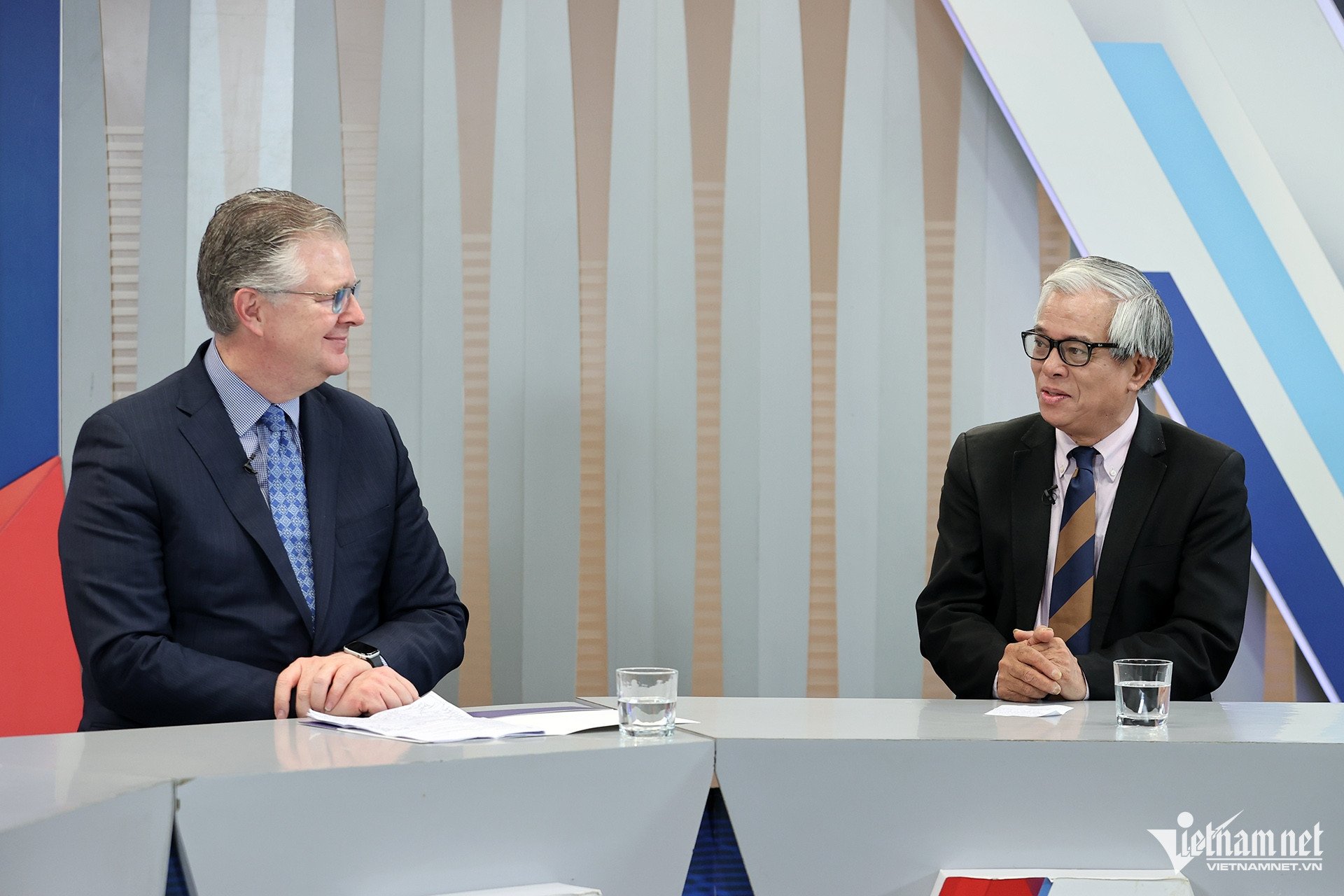

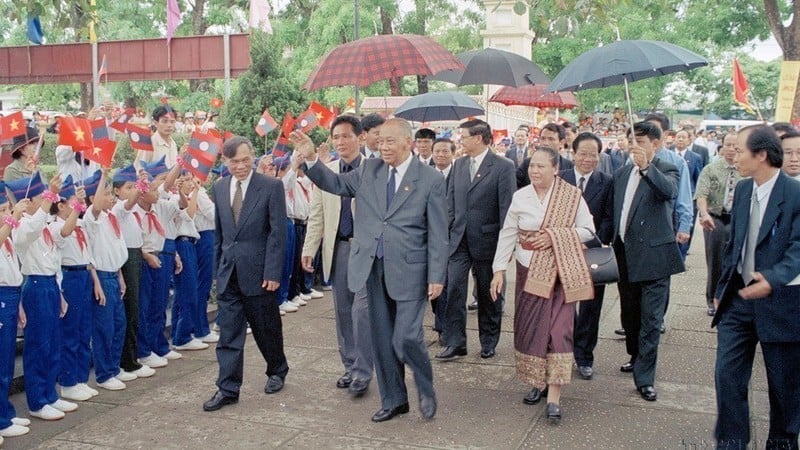
















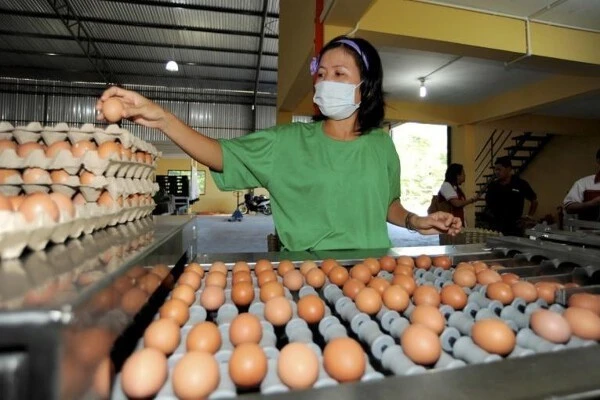

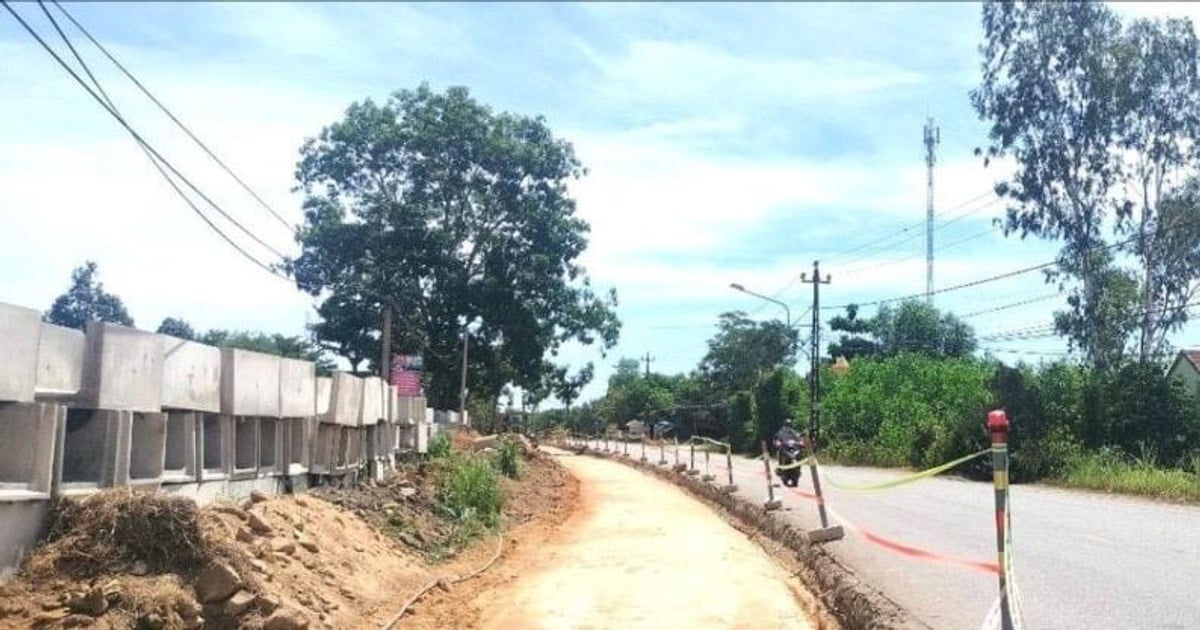













Comment (0)